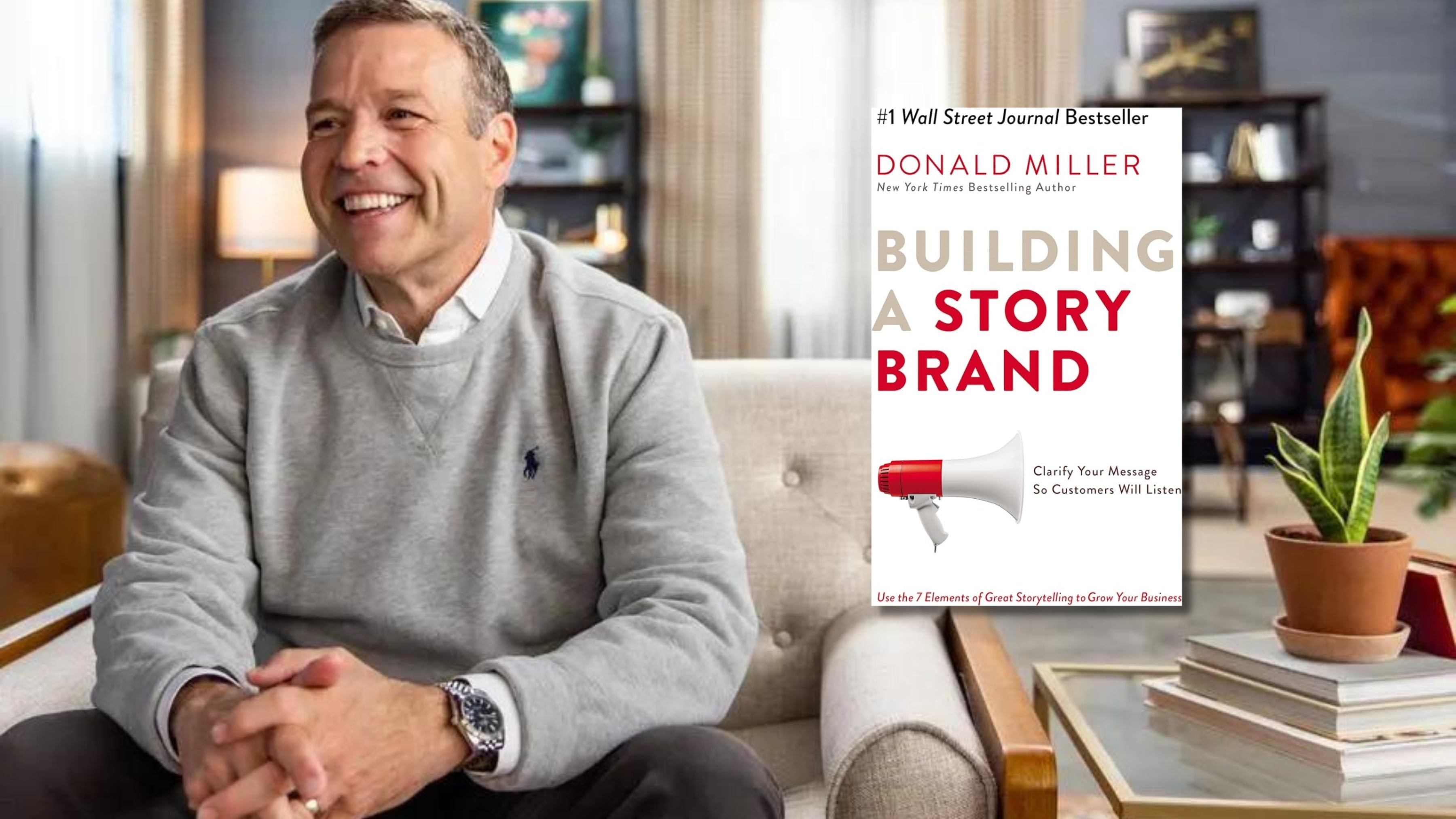In a world filled with noise and distractions, the ability to truly listen has become a rare and powerful skill. Active listening, when practiced consistently, can transform the way you communicate, leading to stronger relationships, personal growth, and a more positive impact on the world around you. At Lopostam, we believe that mastering the art of active listening is key to becoming your best self, achieving balance in your interactions, and inspiring meaningful change.
Why Active Listening Matters
Active listening is more than just hearing words; it’s about fully engaging with the speaker, understanding their message, and responding in a thoughtful and empathetic way. This level of attention not only makes the speaker feel valued but also helps you gain deeper insights into their thoughts, emotions, and perspectives.
As William Ury, a co-founder of Harvard’s Program on Negotiation, explains in his TEDx talk "The Power of Listening", listening is a crucial element in resolving conflicts, building trust, and creating connections. Ury emphasizes that when we listen actively, we open the door to collaboration and problem-solving, making it possible to achieve outcomes that are beneficial for everyone involved.
The Benefits of Active Listening
-
Strengthens Relationships: When you listen actively, you build stronger connections with others. People appreciate being heard and understood, which fosters trust and respect in both personal and professional relationships.
-
Enhances Self-Awareness: Active listening requires you to be present and attentive, which can also enhance your self-awareness. By focusing on the speaker, you become more mindful of your own reactions, thoughts, and emotions, leading to greater self-understanding.
-
Promotes Effective Problem-Solving: Understanding the perspectives of others is essential for effective problem-solving. Active listening allows you to gather all the necessary information and consider different viewpoints before making decisions.
-
Inspires Positive Change: When you listen to others, you are better equipped to inspire and motivate them. Whether in leadership roles or everyday interactions, active listening helps you communicate more effectively and make a lasting impact.
How to Practice Active Listening
Here are some practical tips to help you develop your active listening skills:
-
Give Full Attention: Put away distractions like your phone or laptop when someone is speaking to you. Maintain eye contact and show that you are fully engaged in the conversation.
-
Acknowledge the Speaker: Use verbal and non-verbal cues to show that you are listening. Nodding, saying “I see,” or “I understand,” and mirroring the speaker’s emotions can all help in building rapport.
-
Ask Clarifying Questions: If something is unclear, don’t hesitate to ask questions. This shows that you are interested in truly understanding the speaker’s message.
-
Paraphrase and Reflect: Summarize what the speaker has said in your own words to ensure you have understood correctly. Reflecting back their thoughts or feelings demonstrates empathy and helps in confirming understanding.
-
Avoid Interrupting: Let the speaker finish their thoughts without interrupting. Patience is key to active listening, as it allows the speaker to express themselves fully before you respond.
-
Practice Empathy: Try to put yourself in the speaker’s shoes and see things from their perspective. This will help you respond in a way that is compassionate and supportive.
William Ury’s Insights on Listening
For those looking to dive deeper into the concept of active listening, William Ury’s TEDx talk "The Power of Listening"is an excellent resource. Ury discusses how listening can be a powerful tool in negotiation and conflict resolution, turning adversaries into collaborators. His insights are not just theoretical but are based on decades of experience in the field of negotiation, making his advice both practical and impactful.
In his talk, Ury highlights the idea that listening is not just about hearing the words, but about understanding the underlying emotions and intentions behind them. He shares real-world examples of how listening has helped resolve some of the most complex conflicts and how it can be applied in everyday life to improve communication and relationships.
Conclusion
Active listening is a skill that can significantly enhance your personal and professional life. By making a conscious effort to listen fully and empathetically, you can build stronger relationships, increase your self-awareness, and make a positive impact on those around you.
At Lopostam, we encourage you to practice active listening in your daily interactions. Start by applying the tips mentioned above, and consider watching William Ury’s TEDx talk for further inspiration. As you develop your listening skills, you’ll find that your communication becomes more effective, your connections deeper, and your ability to influence and inspire others greater.
Embrace the power of listening, and watch how it transforms your world.




Leave a comment
This site is protected by hCaptcha and the hCaptcha Privacy Policy and Terms of Service apply.